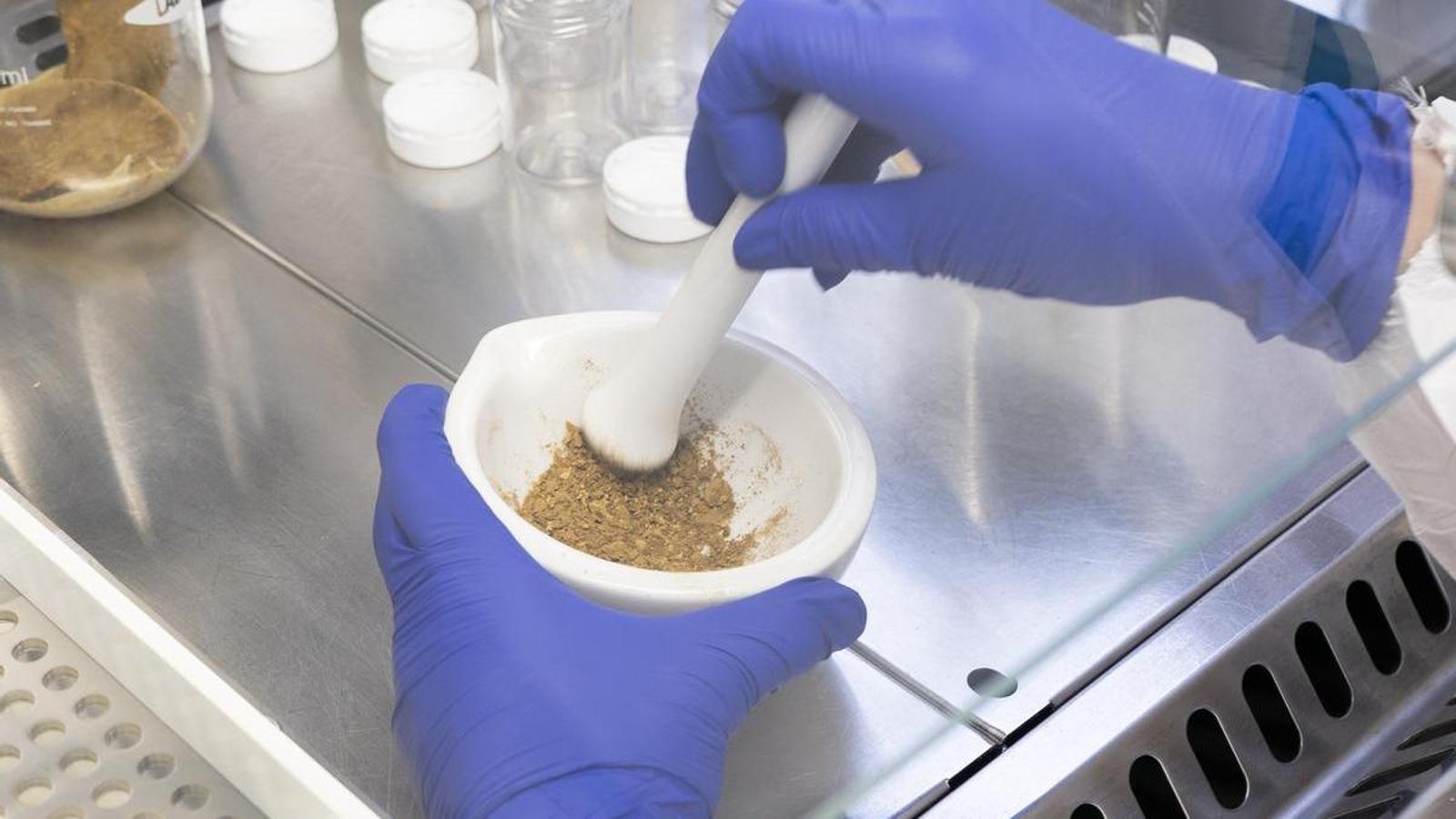Stool donors sought for the first public microbiota bank
Salut launches a pioneering project in the State to perform transplants on 200 patients each year.


BarcelonaThe first public fecal microbiota bank in the country has been established in Catalonia. The Department of Health launched it this Wednesday to treat patients with recurrent infections caused by a bacteria called Clostridioides difficile, This disease causes severe intestinal damage that, in some cases, can be life-threatening. In these cases, those affected require a fecal microbiota transplant for recovery. In 90% of cases, it is achieved without relapse. This intervention is now part of the public health portfolio, benefiting around 200 people each year. Therefore, the department is calling on the public to find "committed" stool donors to treat these people who have no therapeutic alternative to transplants.
"The degree of altruism of the stool donor is higher than that of the blood donor," explained Jordi Guardiola, head of the digestive system service at Bellvitge Hospital, who emphasizes that the process for obtaining these donations is complex. To donate, you must be between 18 and 60 years old, maintain healthy lifestyle habits, not suffer from any illness, not have taken antibiotics in the last three months, and not have traveled outside the European Union in the last six. If you meet these requirements, you must also undergo a thorough interview, undergo a battery of tests and analyses, and undergo a stool culture to rule out the presence of pathogens.
For all these reasons, only 5% of every 100 potential donors ultimately make the cut, which is why the department is calling for more people to join the cause. "By making this donation, you save lives," Guardiola emphasized, as this infection causes persistent diarrhea, dehydration, and even death. One in four people who suffer from it eventually relapses after treatment, and of those who become ill again, 40% will have a second relapse despite repeating treatment, leaving their only alternative is a transplant.
The "vicious circle" of antibiotics
Infection by Clostridioides difficile It is associated with the use of antibiotics, and, paradoxically, the treatment for it is with these drugs. The vast majority of patients who suffer from it are hospitalized, receiving a large amount of medication, and are in fragile health. They are being treated for an illness or complication that requires antibiotics, become infected, must take more antibiotics to cure the infection, but the infection is not completely cleared, and they relapse. Guardiola has described it as a "vicious cycle" that can only be resolved with a fecal microbiota transplant.
The transplant is a simple outpatient procedure that can be performed through a colonoscopy or by administering to the patient fifteen gastro-resistant capsules that are released into the colon or at the end of the small intestine. Since 2014, a total of 171 fecal microbiota transplants have been performed between the Bellvitge and Clínic hospitals, the two reference centers in Catalonia that lead the preparation of donations so that they are suitable for transplantation. What they do is manipulate the feces to remove "everything that makes them feces" and prepare a concentrate with the live microorganisms of the microbiota that are beneficial to our health.
Apart from extending this type of transplants for infection by Clostridioides difficile, with the launch of the Catalan Microbiota Bank, its promoters want to study new applications for other diseases and patients in the future, since scientific literature associates the microbiota with other pathologies.
